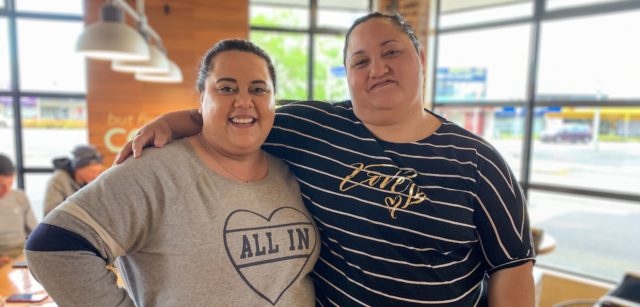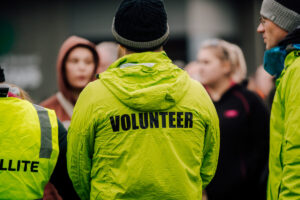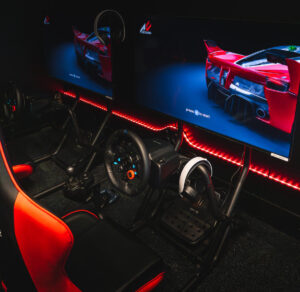The human element of virtual reality
Pokemon Go’s uprising has impacted players all of New Zealand. Avid players have stuck by the virtual reality game, through good and bad, in the hopes of it becoming an Esport.
With the emerging trend of virtual reality games sweeping the world right now, it can be perceived that we are becoming a very isolated species.
There is also another worry, the increased amount of spending the gaming industry seems to push.
While many mobile gaming applications are free to download, there is often “in-app purchases”. There are usually in-game incentives for the user to purchase the additional content, such as more energy to complete tasks faster or storage capacity so the player can collect more objects.
In 2017, a study was published by the Interactive Games & Entertainment Association, with an estimated figure of $175 million spent annually by New Zealanders on mobile gaming platforms. This doesn’t include the use of mobile data, which for a lot of people can come at an extra cost to their phone plan.
However, for those who spend a good portion of their time immersed in the digital world – it seems the pros far outweigh the cons.
The popularity of games such as Pokémon Go and Harry Potter: Wizards Unite has launched global communities. Facebook groups to Discords, to player-generated networks, such as the Silph Road, a not for profit interface created by a group of web designers and developers to allow Pokémon Go players to connect.
Niantic, the company behind the games, also encourage very interactive gameplay – as evident with how they have designed and continue to develop the games.
From in-game events such as “community day” to raid or fortress battles (which rely on getting together a group of people, particularly with the more advanced staged battles) or real-life designated player meetups, there is no shortage of ways for players to get involved.
In Hamilton, there are many opportunities in particular for Pokémon Go players to get together.

Halen Williams runs a Pokémon Go centred walking group in the Hamilton CBD. This occurs on Wednesday nights, usually outside of Dora’s Café on Collingwood Street.
There is also player versus player tournaments. There are two respective tournaments you can find in Hamilton, hosted by Emma Kahukiwa of Hamilton Silph League and Lisa Leaf of Waikato PVP League.
Hamilton Silph League traditionally holds tournaments on the first Saturday of the month and you can expect to find them at Coffee Culture 5x Roads.
The Waikato PVP League decided to shift things up and hosted the monthly tournament at the Armageddon Expo in Auckland this year – which presented a unique opportunity where players from across the country could join in.
These kinds of events are only just the beginning. Soon, players of the Pokémon Go community hope to see the hobby expand into becoming an Esport and put the game on a bigger platform than ever before. Given the rapid rate in which the Esports continues to grow, this seems an incredibly likely outcome.
It also goes to show that even though these worlds are based in a simulated world with animated characters, the success of these games is truly built around the human aspect and the ability to use the digital world as a tool to help connect.




